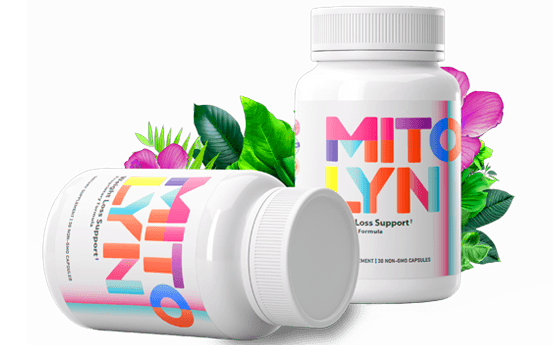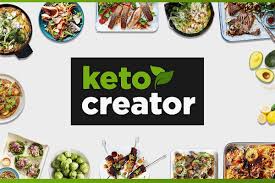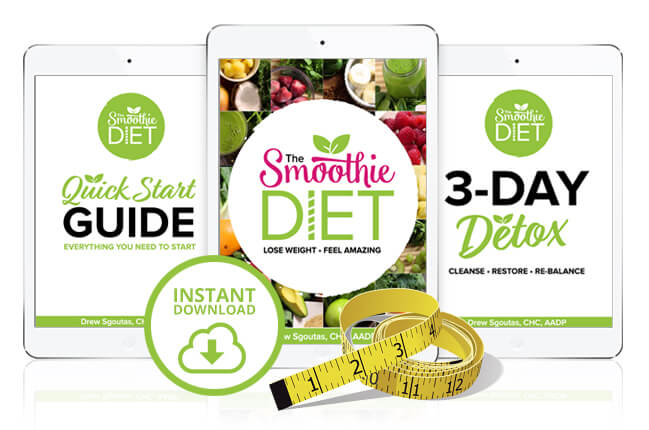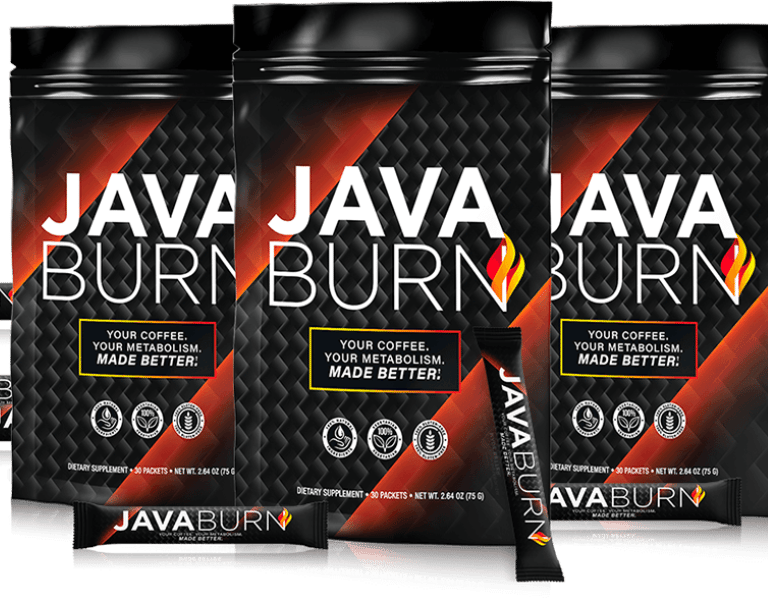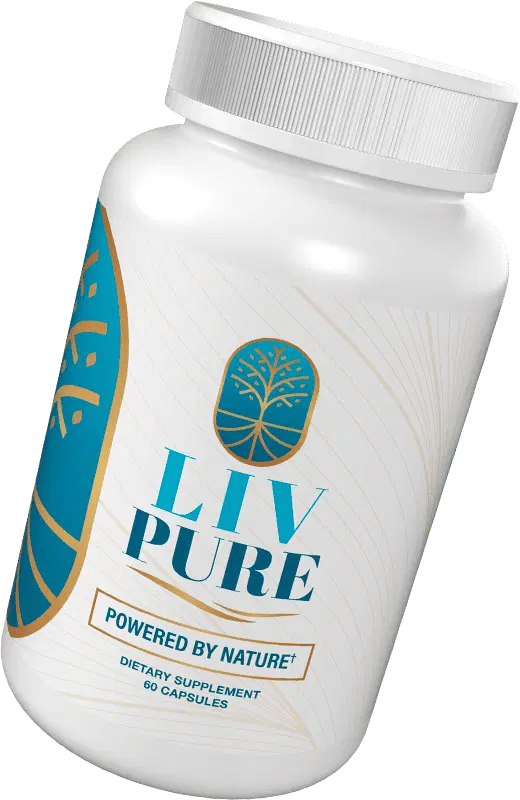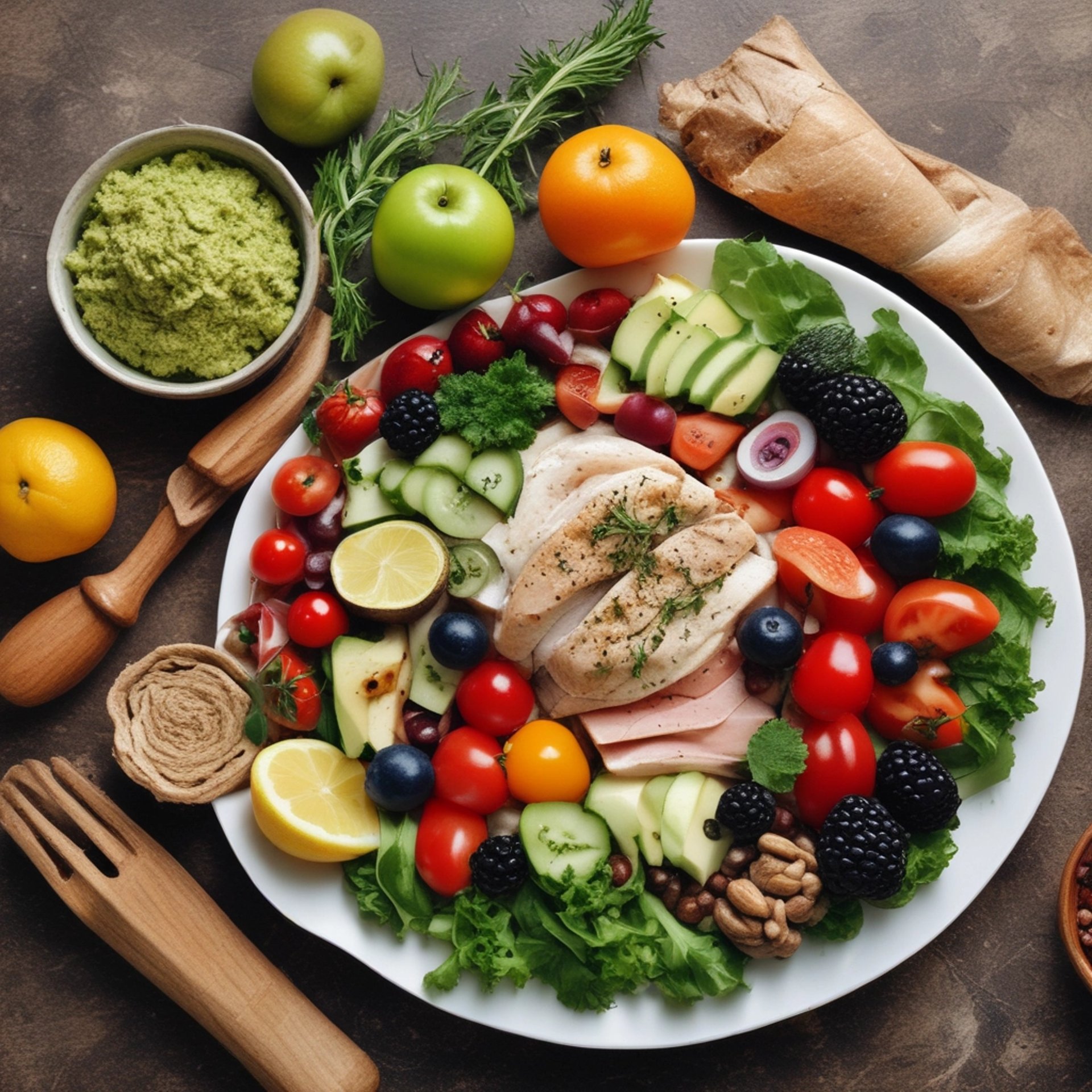
Transform Your Life: Effective Weight Loss Diet Plans
Discover Tailored Strategies for Sustainable Weight Loss Success
Discover the Best Diet Meal Plan for Healthy Weight Loss
Embarking on a journey toward better health and weight management begins with making the right nutritional choices. With so many options available today, choosing the best diet meal plan can feel overwhelming. However, the right plan not only aids in weight loss but also improves energy levels, boosts metabolism, and supports long-term well-being. Whether you're new to structured eating or are simply looking for a more effective weight loss program, understanding the fundamentals of healthy nutrition is the first step in achieving your goals.
Why You Need a Diet Program That Works
Many people try various diet programs without success, often because the plans are either too restrictive or not sustainable. A truly healthy eating plan is one that offers balance, variety, and flexibility while still promoting healthy weight loss. The best diet program should not make you feel starved or deprived; rather, it should nourish your body, satisfy your taste buds, and help you create a lifestyle that supports your fitness objectives.
Characteristics of the Best Diet Program for Weight Loss
Finding the best diet program for weight loss depends on several factors including your metabolism, daily activity level, dietary preferences, and long-term goals. However, successful weight loss programs typically share a few common traits. They provide a calorie deficit without compromising nutrition, focus on whole foods rather than processed options, and incorporate meal planning that keeps you satisfied throughout the day. The ideal nutrition plan for weight loss also includes a balance of proteins, healthy fats, complex carbohydrates, vitamins, and minerals to keep your body functioning optimally while shedding excess weight.
What to Look for in the Best Healthy Meal Plans
When choosing from the best healthy meal plans, look for options that include a variety of food groups. A well-rounded weight loss plan should include lean protein sources such as chicken, fish, beans, or tofu, healthy fats like nuts and avocados, and fiber-rich carbohydrates like vegetables, fruits, and whole grains. Avoid plans that encourage extreme calorie restrictions or eliminate entire food categories, as these can lead to nutrient deficiencies and are rarely sustainable in the long run. The most effective weight loss programs allow flexibility and encourage gradual progress, making them easier to stick with over time.
Designing Your Own Healthy Eating Plan
If you're considering crafting your own healthy diet plan, it's essential to start by evaluating your current eating habits and identifying areas for improvement. Incorporate a variety of colorful vegetables, opt for whole grains over refined carbs, and reduce sugar and sodium intake. Meal prepping can be a helpful tool, allowing you to control ingredients and portion sizes while avoiding the temptation of fast food. Additionally, drinking plenty of water, getting enough sleep, and engaging in regular physical activity can significantly enhance the results of any diet program.
Sample Nutrition Plan for Weight Loss
A simple and effective nutrition plan for weight loss can be broken down into three main meals and two small snacks per day. For breakfast, choose something high in protein and fiber, like oatmeal. Lunch could be a lean protein salad with olive oil dressing, while dinner might include grilled salmon with quinoa and steamed vegetables. Snacks should be nutrient-dense, such as Greek yogurt, a handful of almonds, or fresh fruit. Following this structure not only supports healthy weight loss but also helps maintain steady energy levels throughout the day.
Comparing Popular Weight Loss Programs
Numerous weight loss programs are available, each with its own methodology and focus. Some popular choices include:
Mediterranean Diet
Widely considered one of the best diet programs, the Mediterranean Diet emphasizes healthy fats, fresh vegetables, fruits, whole grains, and lean proteins like fish and legumes. It’s not only great for healthy weight loss but also supports heart health and longevity.
DASH Diet
Originally developed to combat high blood pressure, the DASH Diet is now recognized as one of the best healthy meal plans for weight management. It promotes the intake of nutrient-dense foods and limits sodium, sugar, and unhealthy fats.
Intermittent Fasting
It can be a helpful approach for those looking for a structured weight loss plan, although it's not suitable for everyone.
Low-Carb or Keto Diet
These diet programs reduce carbohydrate intake to encourage fat burning. While effective for quick weight loss, they should be followed with caution and under professional guidance.
Plant-Based Diets
Plant Based Diets emphasize whole plant foods and minimize animal products. They offer numerous health benefits and can be an excellent part of a healthy diet plan when balanced correctly.
The Role of Professional Support in Diet Programs
While self-directed plans can be effective, many individuals find success with structured weight loss programs that offer professional guidance. Dietitians, nutrition coaches, or online programs can provide tailored advice based on your specific needs. They help track progress, make adjustments, and provide accountability, increasing the chances of long-term success. If you're struggling to find the best diet program on your own, professional support can be a worthwhile investment.
Long-Term Benefits of Following a Weight Loss Plan
The benefits of adhering to a consistent weight loss plan extend far beyond physical appearance. Losing excess weight can lower your risk of chronic conditions like diabetes, heart disease, and joint problems. A well-structured healthy eating plan can also improve mental clarity, energy levels, and emotional well-being. Moreover, embracing a nutritious lifestyle helps establish positive habits that benefit not just you but your entire family. When done correctly, weight loss becomes a sustainable, empowering journey—not a short-term fix.
Tips for Sticking to Healthy Diet Plans
Set realistic goals: Aim for gradual weight loss—1 to 2 pounds per week is both safe and effective.
Track your meals: Use a journal or mobile app to monitor your food intake and identify patterns.
Meal prep in advance: This saves time and reduces the temptation of unhealthy choices.
Stay hydrated: Drinking water can prevent overeating and supports digestion.
Practice mindful eating: Avoid distractions during meals and listen to your body’s hunger cues.
By following these strategies, you can make your diet program an enjoyable and rewarding experience.
Find the Best Diet Program That Works for You
Choosing the best diet meal plan is a highly personal decision. That’s why it’s important to explore different diet programs, experiment with meal plans, and find what best supports your lifestyle and goals. A successful weight loss plan combines balanced nutrition, physical activity, and a mindset focused on long-term health rather than quick fixes. Whether you're starting fresh or refining your current routine, the journey toward healthy weight loss begins with informed choices and a commitment to wellness.
By focusing on whole foods, setting achievable goals, and sticking to a flexible yet structured nutrition plan for weight loss, you'll be well on your way to a healthier, happier you.

